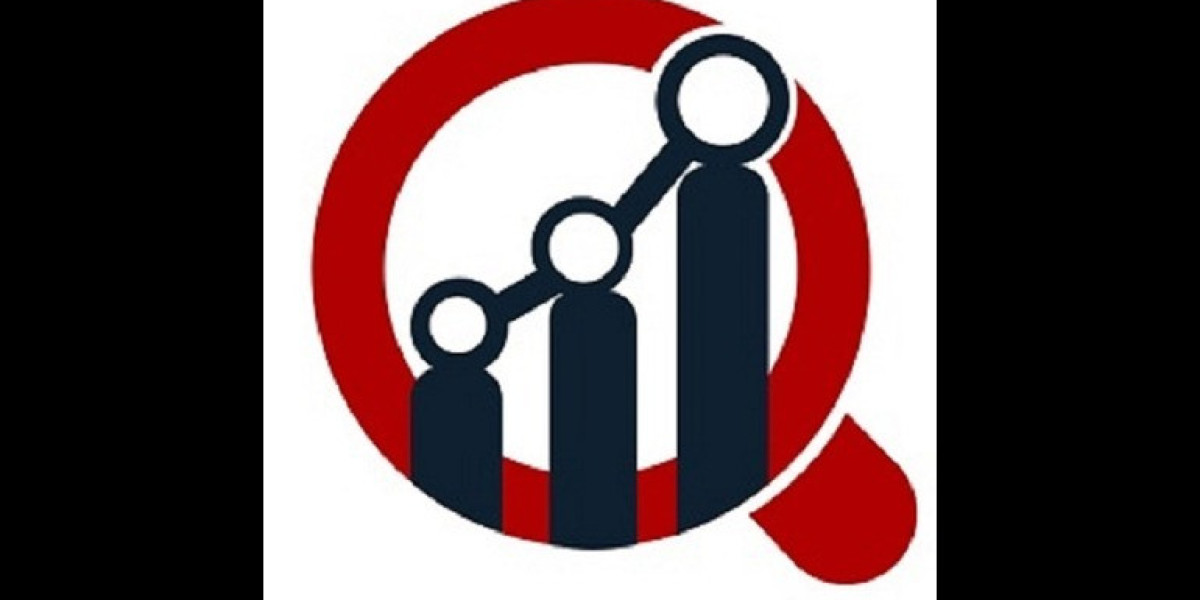The global Takaful Insurance Market Share is witnessing rapid expansion as consumers and financial institutions increasingly turn toward ethical and faith-based financial solutions. Rooted in the principles of mutual cooperation and shared responsibility, takaful — or Islamic insurance — offers an alternative to conventional insurance models. It operates under Shariah-compliant coverage, ensuring that participants contribute to a common pool to protect one another from potential risks, promoting fairness, transparency, and social solidarity.
Expanding Role of Takaful in Global Finance
The concept of cooperative insurance has evolved significantly over the past decade. As the demand for ethical financial products grows, takaful providers are expanding their portfolios to include life, health, motor, and general insurance products that comply with Islamic finance principles. This market’s appeal lies not only in its adherence to ethical and religious standards but also in its ability to foster community-based financial resilience.
The risk-sharing policy approach of takaful distinguishes it from traditional insurance models, where risk is transferred to the insurer. Instead, participants collectively bear risks, ensuring a more equitable and transparent structure. This model aligns perfectly with global trends toward ethical insurance, sustainable investing, and financial inclusion.
Key Growth Drivers
Several factors are fueling the growth of the takaful insurance industry. Increasing awareness of Shariah-compliant financial systems, supportive government regulations in Muslim-majority countries, and technological advancements in the insurance sector are accelerating adoption. Additionally, digital transformation and fintech innovation are improving customer accessibility, efficiency, and trust in takaful services.
The rise of digital ecosystems is also reshaping how takaful operates. The Web3 Payments Market is a prime example of how decentralized technologies are redefining financial transactions. Blockchain-based payment systems can enhance transparency and traceability in takaful operations, ensuring compliance and ethical accountability.
Similarly, the US Blockchain Fintech Market illustrates how distributed ledger technology is transforming financial services by enabling secure, tamper-proof transactions. The integration of blockchain into takaful platforms could streamline claims processing, automate contracts through smart systems, and enhance participant confidence.
Technological and Ethical Transformation
Takaful’s alignment with digital innovation has strengthened its position in the global financial ecosystem. Advanced analytics, AI-driven underwriting, and blockchain-powered contract management are helping takaful operators offer more personalized and efficient solutions. These innovations are making takaful products more competitive and appealing, even to non-Muslim customers seeking ethical and community-driven insurance options.
In addition, the shift toward sustainability and social responsibility in finance complements the takaful model’s foundation of fairness and mutual cooperation. As a result, takaful is emerging as a vital component of the global ethical finance movement.
Future Outlook
The future of the takaful insurance market looks promising as it continues to expand into new regions beyond its traditional strongholds in the Middle East and Southeast Asia. Strategic collaborations between fintech startups and established takaful operators are driving product diversification and market penetration. Moreover, the growing preference for ethical and transparent financial products will further propel market growth.
As global awareness of Islamic finance principles rises, takaful is expected to become an integral part of the international insurance landscape, offering both financial protection and moral satisfaction to its participants.
FAQs
1. What is Takaful insurance?
Takaful insurance is a Shariah-compliant cooperative insurance system based on mutual assistance and shared responsibility, where participants contribute to a common fund to support one another in times of loss.
2. How is Takaful different from conventional insurance?
Unlike traditional insurance, takaful operates on a risk-sharing policy rather than risk transfer. It ensures that all operations comply with Islamic laws prohibiting interest and uncertainty.
3. What are the main types of Takaful products?
Key takaful products include life, health, family, and general insurance plans, all designed to provide Shariah-compliant coverage while promoting ethical and socially responsible financial behavior.
4. What drives the growth of the global takaful market?
Factors such as digital transformation, regulatory support, growing demand for ethical finance, and the integration of blockchain and fintech solutions are key contributors to market expansion.








